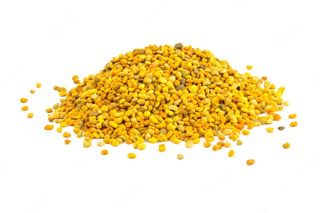

Bee pollen is a type of pollen that is collected by bees and used as a source of protein and other nutrients. It is often marketed as a health supplement for humans, but some people also give it to their dogs. Bee pollen is said to have a range of health benefits, including boosting the immune system and improving digestion. However, there is little scientific evidence to support these claims, and there are also some risks associated with feeding bee pollen to dogs.
One of the main risks of feeding bee pollen to dogs is the potential for allergic reactions. Some dogs may be allergic to pollen or other substances in bee pollen, which can cause symptoms such as itching, swelling, and difficulty breathing. In some cases, an allergic reaction can be life-threatening. Additionally, bee pollen may contain pesticides or other contaminants that could be harmful to dogs.
If your dog has eaten bee pollen and is showing signs of an allergic reaction, such as swelling or difficulty breathing, seek veterinary care immediately. In less severe cases, you may be able to manage your dog’s symptoms with antihistamines or other medications. In general, it is best to avoid feeding bee pollen to dogs unless recommended by a veterinarian.
Safer alternatives to bee pollen for dogs include other sources of protein and nutrients, such as lean meats, eggs, and vegetables. You may also want to consider giving your dog a high-quality dog food or supplement that is specifically formulated for their nutritional needs.